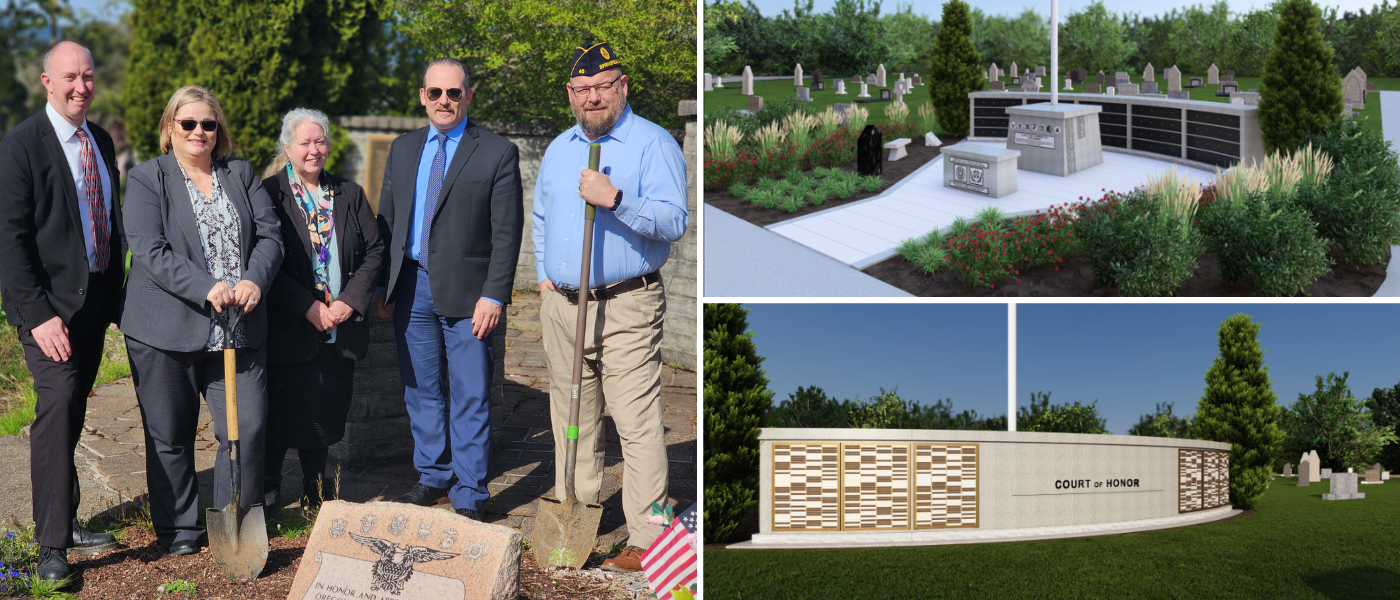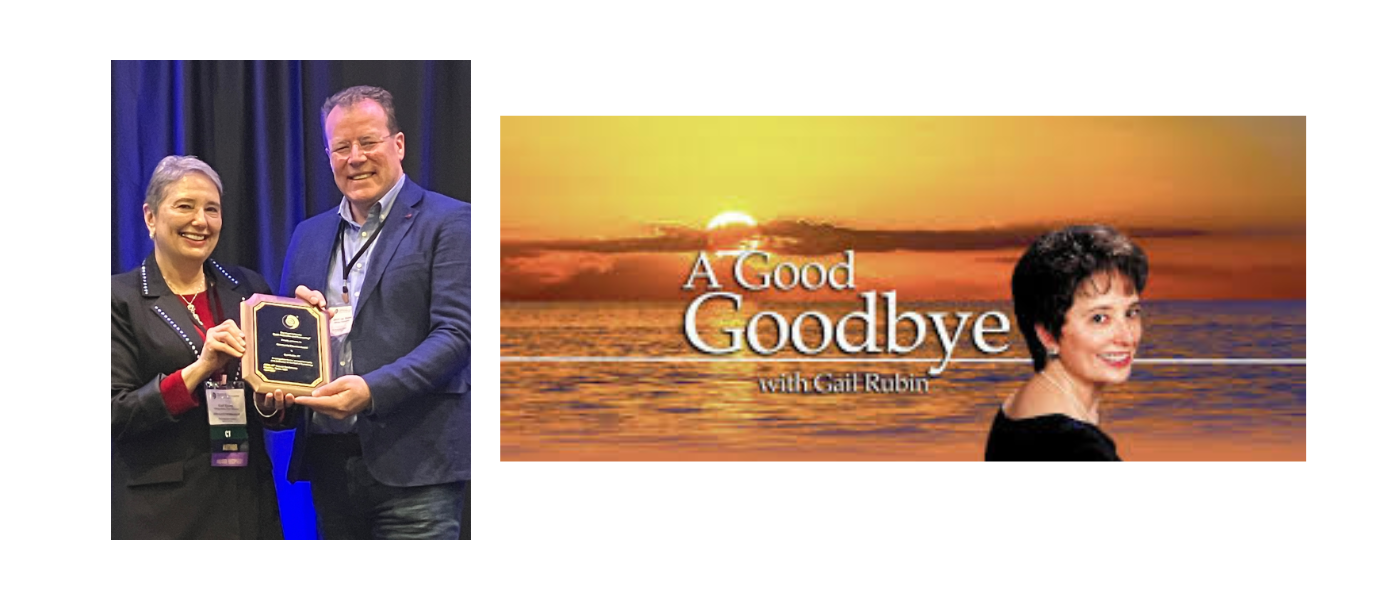Government Information: 1000's Killed Incorrectly By Social Security Each Month
 Judy Rivers went to the bank with a simple request in April: She wanted to open a safe deposit box. The response, while equally simple, was a complete surprise. The bank turned her down. Why?
Judy Rivers went to the bank with a simple request in April: She wanted to open a safe deposit box. The response, while equally simple, was a complete surprise. The bank turned her down. Why?
She was dead.
At least that’s what the bank’s security systems indicated. Sorry, a bank official said, we can’t open an account for you. Rivers asked more questions but got only vague answers. An outside company indicated there was a problem with her Social Security number, she was told, but the bank wouldn’t tell her the name of the firm.
“Needless to say, I was startled,” said Rivers, 58, who lives in Jasper, Ala. And so began her digital murder mystery.
Rivers says her premature electronic demise has led to multiple denials of credit, difficulty accessing her own money and, at one point, a confrontation with police that nearly landed her in jail. She says she has been denied two job interviews because the firms could not validate her Social Security number. Still, she doesn’t know why “the system” seems to want her dead. Read on to find out why you, too, can be declared dead at the whim of a few bits and bytes and find yourself in a true 21st-century nightmare.
After the initial safe deposit box denial, Rivers was given only this hint about her tenuous situation ? after much badgering, a bank official showed her a letter with this one-line statement, “This Social Security Number has been discontinued, the holder of this number was reported dead on August 3, 2008.”
She had been dead for nearly two years, according to the system. What system? The bank wouldn’t tell her.
So she headed down to the local Social Security office right away.
“They went through their systems and said, ‘No, you are still alive,'” she recalls. “They said everything was fine on their end.” The agency even gave her a letter identifying her as among the living, which she provided to msnbc.com. A check of the Social Security Administration’s Master Death File, which is available to the public, also indicates that the agency does not report Rivers as dead.
So Rivers talked to a lawyer friend who suggested she apply for credit to see what would happen and to help determine the extent of the problem. As they suspected, she was rejected ? 11 times.
Again, the rejection notices were vague. In one note from GE Money Bank, supplied to msnbc.com by Rivers, she is told that the firm was “unable to verify (her) Social Security number.”
But as the rejections mounted, the consequences became more severe. At one point, she tried to pay for items at a retail store with her debit card, and the card was rejected. She tried a credit card, and that was rejected, too. The retailer called police, assuming she was an identify thief.
“I thought I was going to be led away in handcuffs,” she said.
Cops let her go because her driver’s license “checked out,” she said, but they were unable to positively verify her identity. So they handed her credit and debit cards over to the store clerk and ordered the clerk to cut them up.
Because she is friendly with tellers at her bank branch, she has no trouble writing checks and cashing them there ? but she was unable to get a replacement debit card. Same problem: The Social Security number couldn’t be verified.
“No one would tell me the name of the company they had used to check me out … and this had just blossomed all over the place,” she said.
Rivers somehow managed to keep her sense of humor throughout. She had taken out a $6,000 car loan six months previously at the same bank and suggested one positive element of her premature demise.
“I asked them if, since I was dead, did that mean I didn’t have to pay the money back? They didn’t go for that,” she said.
Chex Systems report has error
Finally, she got a small break when her lawyer friend found out that the bank used a firm named Chex Systems Inc. to run background checks on new customers. With a little snooping, she learned that Chex Systems is used by many financial institutions to verify identities during transactions and to help retailers spot consumers who’ve bounced checks in the past. She also learned she was entitled to see what records Chex Systems had about her through what’s called a “consumer disclosure,” the firm’s version of a free annual credit report. She got her response on Aug. 18. There, on page 2, in black and white, was the bad news.
“Number inactivated due to report of death,” it said, right next to her Social Security number.
And just below, there was a toll free number to call with disputes. She called immediately to make the case with Chex Systems that she was, in fact, alive.
“I got on the phone with an agent who sounded extremely upset that I would even question the validity of their report,” she said. “He said I was reported dead on August 3, 2008.”
Chex Systems, which is a subsidiary of Florida-based Fidelity National Information Services Inc., said in an e-mail to msnbc.com that it could not comment on a specific consumer’s situation, citing privacy concerns, but it asserted that all death information comes “via a direct feed from the Social Security Administration.”
“But they say I’m not dead,” Rivers, exasperated by this obvious Catch-22, said. “I am at wit’s end. … As Chex Systems has passed this information to so many federal agencies and their clients, there is absolutely no way to tell who has the information and how to get all reports corrected.”
For all intents and purposes, Rivers had suffered digital death, a near-fatal disease in our increasingly interconnected world.
After Rivers contacted msnbc.com looking for help, she tried to get her free annual copy of her credit report using the Web site AnnualCreditReport.com. The site indicated there was a problem with her credit record and recommended she request the report via U.S. mail. She’s still awaiting the response.
Identity Theft Resource Center offers hope
Jay Foley, head of the Identity Theft Resource Center, suspects the answers that Rivers seeks will be found there. Digital death, while not common, isn’t so unusual, he says.
“The most common cause of this is some smart guy trying to duck a debt collector by saying, ‘I’m dead,'” he said. “And they get the number wrong.”
It’s true, Foley said: If a debt collector tells a credit bureau that a debtor is dead, that bureau will include the information in a credit report, and it will then filter through the entire credit system. There’s no requirement for a death certificate, and ? as with all credit bureau data ? there’s no fact-checking.
Foley said he’s seen victims of digital death spend as long as 18 years trying to resuscitate their credit lives.
Two years ago, an msnbc.com investigation found that the Social Security Administration database is riddled with similar errors. A government report found that more than 1,000 people were being “killed” incorrectly every month. In some cases, appealing the decisions can take more than a year to complete.
Because Rivers’ error has not reached the Social Security Administration ? and her records there appear to be accurate ? Foley believes her problem will be relatively easy to fix. The recipe:
“Get a letter from the Social Security Administration verifying you are alive and a letter from local police verifying your driver’s license and send it in,” he said. “The fix should find its way through the system relatively quickly.”
That’s assuming Chex Systems declares Rivers alive and kicking some time soon. For now, she remains in the middle of her digital murder mystery. And she may never know who, or what, wanted her dead in the first place.
“I just want my life back,” she says. “And I want to be able to write a check.”
Source: MSNBC.com
Visit the First Social Network Design Specifically for Progressive Funeral Professionals




